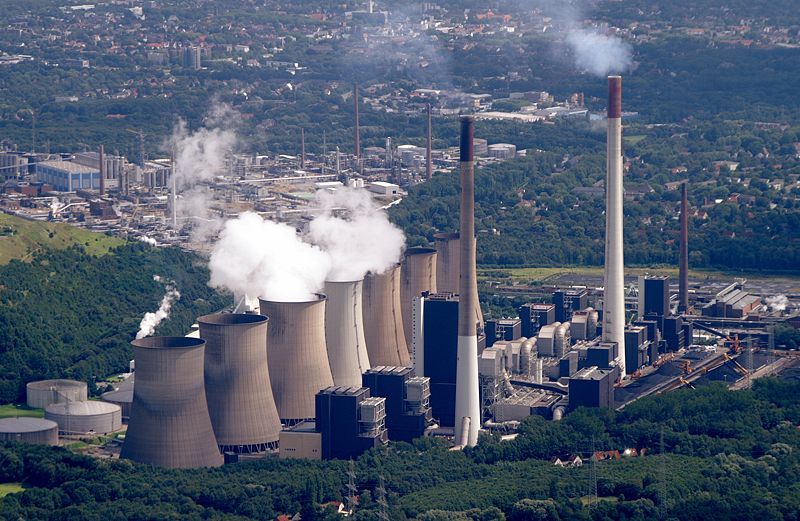EU electricity sector vows no new coal plants from 2020
Energy utilities from almost every European Union (EU) nation have committed to a new initiative outlawing the development of new coal-fired plants from 2020

Energy utilities from almost every European Union (EU) nation have committed to a new initiative outlawing the development of new coal-fired plants from 2020.
The announcement was made during a press conference in Brussels on Wednesday 4 March, and illustrates the EU’s commitment to meeting the targets set by the Paris Agreement.
Energy companies from every EU country – except Greece and Poland – signed up to the initiative which will help achieve Europe’s cleaner energy future.
António Mexia, the CEO of Portuguese energy group EDP and President of the Eurelectric trade association, said: “The power sector is determined to lead the energy transition and back our commitment to the low-carbon economy with concrete action.”
He went on to say: “With power supply becoming increasingly clean, electric technologies are an obvious choice for replacing fossil fuel based systems, for instance in the transport sector to reduce greenhouse gas emissions.”
According to Eurelectric – the association of the electricity industry in Europe – the sector was underlining a pledge to deliver on the Paris climate Agreement.
In a press release it said: “In addition, it announces its intention not to invest in new-build coal-fired power plants after 2020”.
According to reports, the initiative was initially met with resistance in Germany – who depends on coal to help its transition away from nuclear energy.
However, in the end only Poland which relies on coal for roughly 90 per cent of its electricity and Greece which has plans for new coal plants in the future.
2016 saw a steep decline in the number of coal-fired power plants in pre-construction across the world – according to the “Boom and Bust 2017” report.
The report detailed that there was a 48 per cent decline in planned coal power stations, with a 62 per cent fall in construction starts.
In Europe and the U.S., there have also been numerous coal plants taken out of commission over the past two years, with around 120 large units being retired.
In the UK, CO2 emissions fell by 5.8 per cent in 2016, after coal use fell a record 52 per cent – according to the Carbon Brief.
The move away from coal is also in line with a pathway for meeting the 2°C target set out by the Paris Agreement.
According to industry experts, Europe will have to phase out coal completely by 2030 in order to achieve its carbon emission reduction targets.
Latest European Commission reports show that since the closure of UK coal plants and the transition to renewables and natural gas, emissions from coal power plants covered by the EU's emissions trading scheme (ETS) fell 11 per cent last year.
David Jones, Electricity Analyst at Sandbag, said in a statement: "It is clear that phasing out coal in favour of renewables is the quickest and cheapest way to rapidly reduce ETS emissions, and policymakers must figure out how to make this happen."
Never miss an update by signing up to our free newsletter here.




